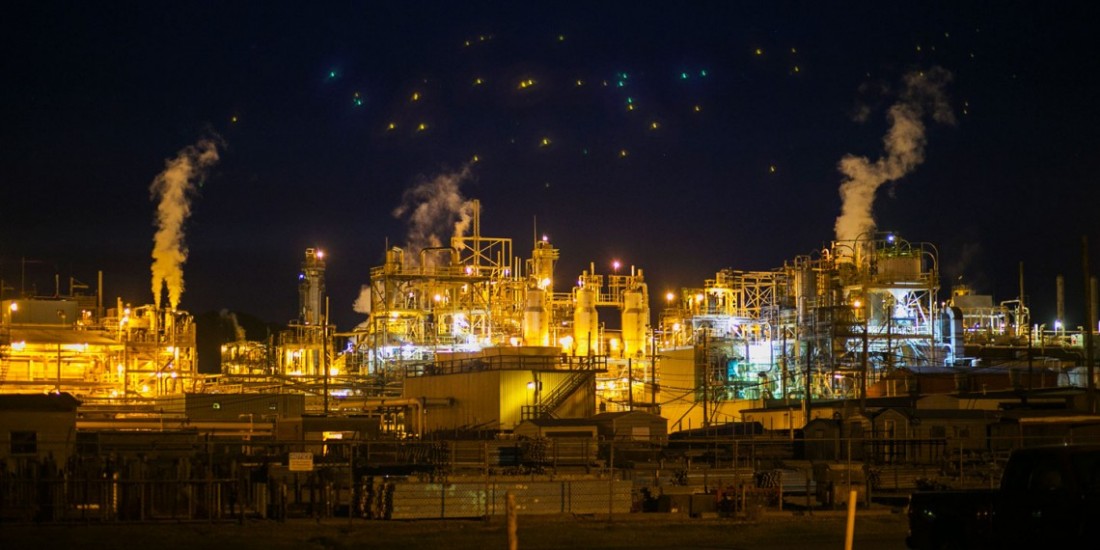
Chem Companies Refuse to Pay NJ
3M, Chemours, DuPont, and Solvay have refused to pay for the statewide investigation and cleanup of PFAS chemicals in New Jersey. This development comes in defiance of an order from the New Jersey Department of Environmental Protection (NJDEP), which requests five chemical manufacturing companies to produce detailed records of the production and use of PFAS chemicals to pay the cleanup cost of any associated contamination. The companies claim that they are not responsible for contamination under the Spill Compensation and Control Act, which holds liable companies that discharge hazardous pollutants and substances.
PFAS chemicals are used to produce stain- and waterproof clothing and nonstick cookware. As they do not break down over time, they accumulate in the environment. The NJDEP order claims, “They can harm fetuses and newborns, and have been associated with kidney and testicular cancer, autoimmune illnesses and decreased responses to vaccines.”
PFOA and PFOS are two chemicals in the PFAS chemical family. On April 1, 2019, NJDEP issued a proposed rule that sought to list the two chemicals as “hazardous substances” under the Spill Act. A determination has not yet been made.
NJDEP claims that 3M knew these two chemicals were “harmful to people and the environment, including based on its own studies from as early as the 1970s.” While the Spill Act allows NJDEP to request information on discharged pollutants, Donald J. Camerson, principal at Bressler, Amery & Ross, wrote on behalf of 3M that “useful products supplied by 3M are not ‘pollutants.’” Moreover, since PFOA and PFOS chemicals are not yet hazardous substances under the Spill Act, 3M says that the directive is “fundamentally flawed” and “premature.”
Chemours and DuPont filed a joint response, in which they claim that the NJDEP order is “not just unprecedented but untenable.” They argue that New Jersey environmental laws are meant to be applied to specific discharge locations rather than statewide. Also they argue that the order fails to establish a “causal nexus between a given discharge or contamination and the responsible party,” which they say defies New Jersey law.
Meanwhile, Solvay claims that the NJDEP order is “unprecedented in scope and devoid of meaningful or reasonable substantiation.” It declined to repay the $3.1 million that New Jersey spent for a cleanup of PFAS chemicals near its West Deptford facility, yet it acknowledged the need to investigate contamination near said facility.
While the four companies refuse to pay, they have all agreed to “work with” NJDEP in regards to contamination in and around their facilities. Yet in case the companies refuse to pay or are deliberately slow to act, the state maintains the right to charge them up to three times the amount of money spent in its statewide cleanup efforts.
Sources:
“3M, DuPont Refuse to Pay for New Jersey Chemical Cleanup,” Bloomberg, 2019.
“Companies refuse to pay clean-up costs mandated by New Jersey directive,” ChemicalWatch, 2019.
“Spill Compensation and Control Act,” State of New Jersey, 2019.
“Statewide PFAS Directive, Information Request and Notice to Insurers,” State of New Jersey Department of Environmental Protection, 2019.

No Comments